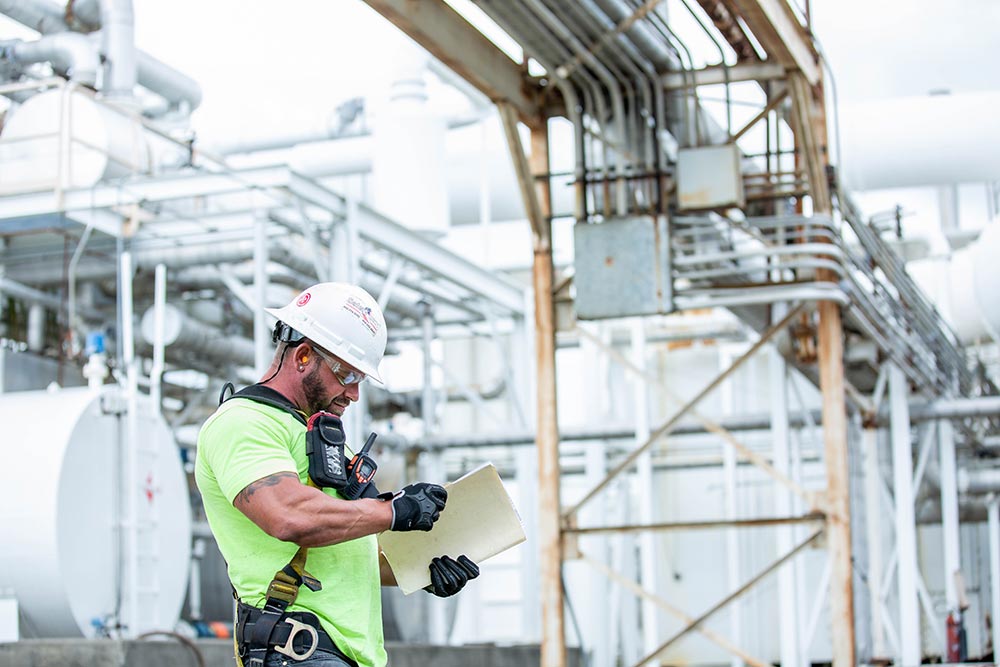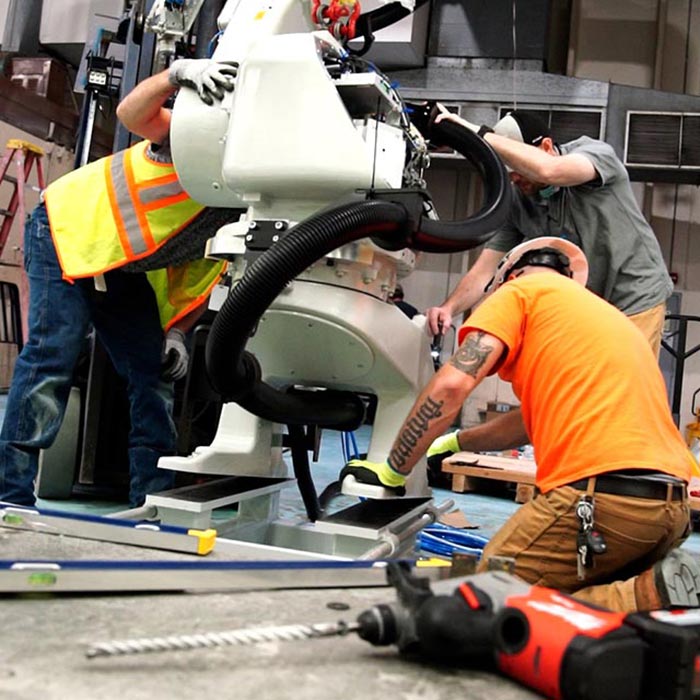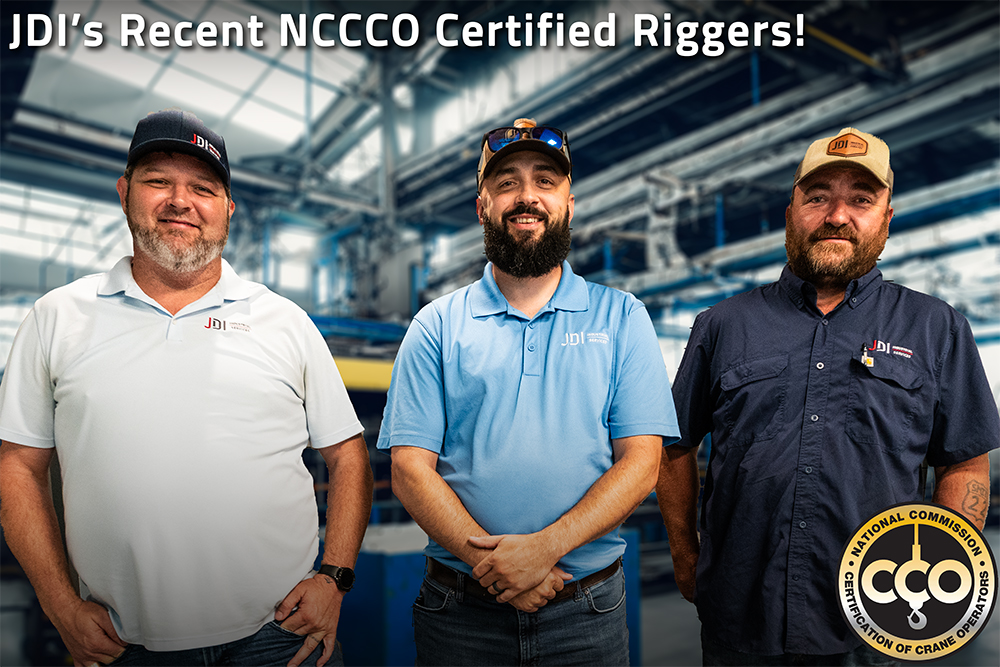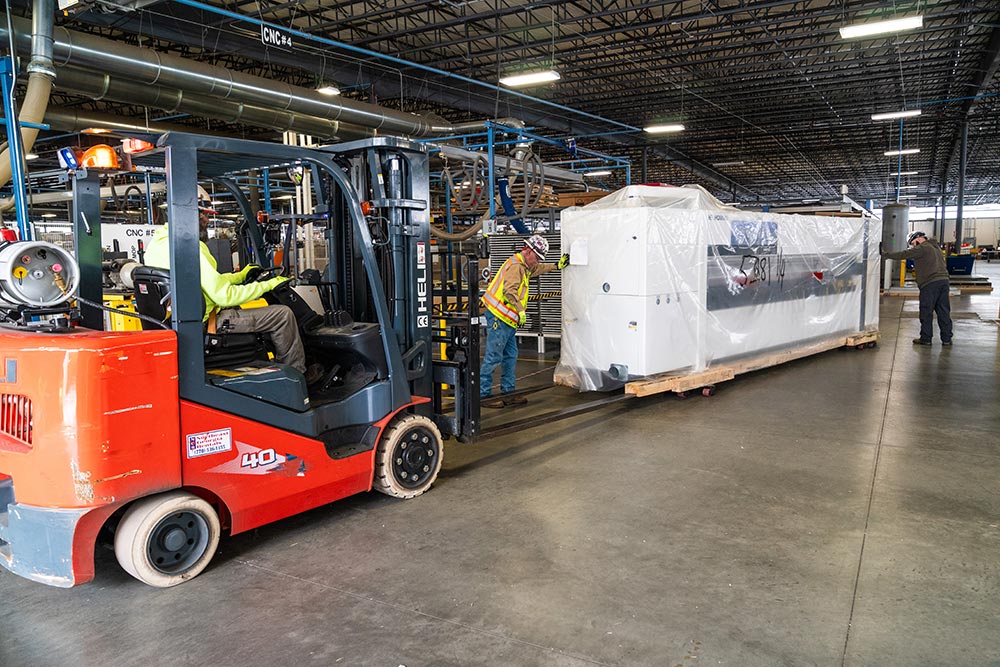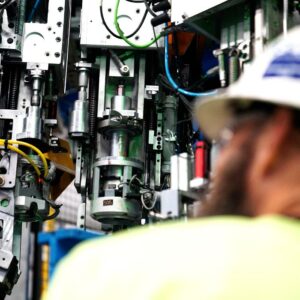In the ever-evolving world of industrial mechanics, the role of an industrial mechanic—often referred to as a millwright—has become increasingly multifaceted. These professionals are the backbone of industrial operations, ensuring that machinery and equipment operate efficiently and safely. In this article, we delve into the essential skills that modern industrial mechanics must possess to excel in their field.
Understanding the Role of Industrial Mechanics
Industrial mechanics are tasked with the installation, maintenance, and repair of machinery used in manufacturing and production settings. As industries continue to advance technologically, the demand for skilled industrial mechanics who can adapt to new machinery and methods grows. Thus, a comprehensive skill set is crucial for success in this dynamic field.
Technical Proficiency
Technical proficiency is at the core of an industrial mechanic’s responsibilities. This encompasses an understanding of mechanical systems, hydraulics, pneumatics, and electrical systems. Moreover, familiarity with NCCER and NCCCO standards, computer-aided design (CAD) software, and diagnostic tools are often required to troubleshoot and repair modern machinery.
Mechanical and Electrical Knowledge
An industrial mechanic must possess a deep knowledge of mechanical systems, including gears, bearings, and shafts. This expertise allows them to diagnose and resolve mechanical failures effectively. Additionally, understanding electrical systems and components, such as circuits and motors, is essential for repairing and maintaining electrically powered machinery.
Hydraulics and Pneumatics
Hydraulics and pneumatics are integral to many industrial systems. An industrial mechanic should be adept at working with these systems, understanding their operation, and performing necessary maintenance. This expertise ensures that machinery functions smoothly and efficiently.
Problem-Solving and Analytical Skills
Problem-solving and analytical skills are vital for industrial mechanics. These professionals must quickly identify and address issues to minimize downtime and maintain production schedules. A keen analytical mind enables them to assess complex problems and implement effective solutions.
Troubleshooting
Effective troubleshooting requires a methodical approach to identifying the root cause of machinery malfunctions. JDI’s industrial mechanics must be able to interpret technical diagrams and schematics to pinpoint issues and determine the best course of action. This skill is crucial for maintaining operational efficiency and preventing costly breakdowns.
Critical Thinking
Critical thinking is essential for evaluating potential solutions and making informed decisions. Industrial mechanics must weigh the pros and cons of various repair options, considering factors such as cost, time, and long-term impact. This ability ensures that they implement the most effective solutions for machinery maintenance and repair.
Communication and Collaboration
In today’s interconnected industrial environments, communication and collaboration are key. Industrial mechanics frequently work with other professionals, including engineers, technicians, and production managers. Strong communication skills facilitate seamless collaboration and ensure that all parties are aligned in their efforts to maintain and improve machinery performance.
Verbal and Written Communication
Effective verbal and written communication is essential for conveying technical information clearly and accurately. Industrial mechanics must be able to explain complex issues and solutions to colleagues and supervisors, ensuring that everyone involved understands the situation and the proposed actions.
Teamwork
Teamwork is a fundamental aspect of an industrial mechanic’s role. Collaborating with colleagues and coordinating efforts to address machinery issues is crucial for maintaining production efficiency. A strong team dynamic fosters innovation and problem-solving, leading to improved outcomes.
One situation a project manager or engineer may encounter may seem like a small task, but having the proper manpower and team members will ensure success no matter the size of the project. In the event of a lift or rigging move, at least one team member should be NCCCO certified. Making sure that oversight is provided while the industrial mechanics move machinery is key to a successful operation for the JDI team.
Adaptability and Continuous Learning
The industrial landscape is constantly evolving, with new technologies and methodologies emerging regularly. Industrial mechanics must be adaptable and committed to continuous learning to stay abreast of industry developments and maintain their expertise.
Embracing New Technologies
The integration of advanced technologies, such as automation and robotics, into industrial processes necessitates a willingness to learn and adapt. Industrial mechanics must be open to embracing these innovations and acquiring the skills needed to work with new machinery and systems.
Ongoing Education and Training
Continual education and training are vital for staying current in the field of industrial mechanics. Pursuing certifications, attending workshops, and participating in industry conferences can help mechanics expand their knowledge and enhance their skill sets. This commitment to lifelong learning ensures that they remain competitive in the job market and capable of handling the challenges of modern industrial environments.
Safety Awareness and Compliance
Safety is paramount in any industrial setting, and industrial mechanics play a crucial role in maintaining a safe working environment. They must be well-versed in safety regulations and practices to prevent accidents and protect both personnel and equipment.
Knowledge of Safety Standards
Industrial mechanics must have a thorough understanding of industry safety standards and regulations. This knowledge enables them to identify potential hazards, implement preventative measures, and ensure that machinery and equipment comply with safety guidelines.
Risk Assessment and Management
Assessing and managing risks is a critical aspect of an industrial mechanic’s responsibilities. They must be able to evaluate the potential impact of machinery malfunctions and take appropriate actions to mitigate risks. This proactive approach minimizes the likelihood of accidents and ensures the safety of all personnel involved.
Conclusion
In conclusion, the role of an industrial mechanic is both challenging and rewarding, requiring a diverse skill set to navigate the complexities of modern industrial environments. By honing their technical proficiency, problem-solving abilities, communication skills, adaptability, and safety awareness, industrial mechanics can excel in their careers and contribute significantly to the success of their organizations. As the industry continues to evolve, these professionals must remain committed to continuous learning and embracing new technologies to maintain their expertise and stay ahead of the curve. JDI provides them for clients on a daily basis, and brings experts and master-level rigging and millwright pros to local facilities.

